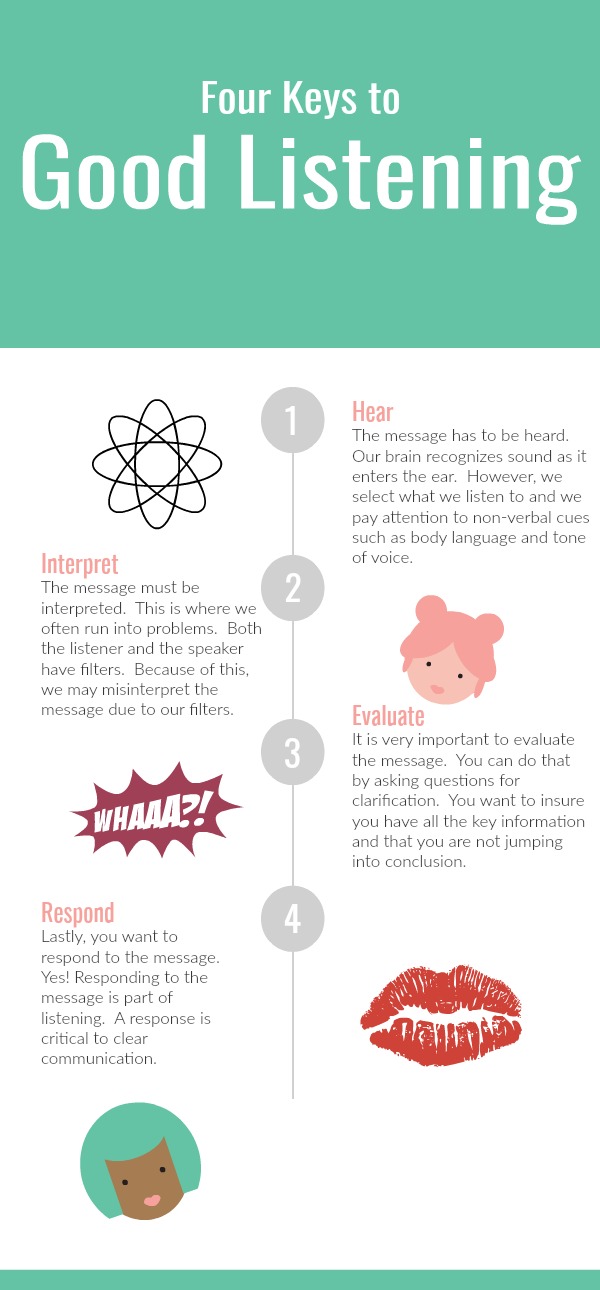How Your Distorted Thoughts Could be Affecting Your Relationships-Part I
By Maggie Dulcio, LMHC, CAP
Do you know that a recent study done by the American Academy of Matrimonial Lawyers (AAML) found that the number reason for divorce in the United States was communication problems? I once worked with a couple who had some trust issues in their relationship, however they both agreed that communication was a major problem in the relationship. A great example of a communication breakdown was given during one of my sessions with this couple. The girlfriend said once she called the boyfriend to tell him she was going to one of her aunt’s house to visit and the boyfriend commented that girlfriend should careful not to become like the aunt. According to the couple, the aunt unemployed and had been unproductive most of her life. The girlfriend interpreted the boyfriend comment as “I don’t want you going to your aunt’s house”. When this incident was brought up in the session, the boyfriend stated, “I never told you that I didn’t want you to go to your aunt’s house”. Clearly, this couple needs to work on their communication skills.
Communication is reliant on on how people cope with things. There are four major coping styles: passive, aggressive, passive-aggressive, and assertive. We’ll delve into the coping styles in future blogs. Communication does not only involve coping styles, listening skills also play a big part. Good listening requires four elements.
- The message has to be heard. Our brain recognizes sound as it enters the ear. However, we select what we listen to and we pay attention to non-verbal cues such as body language and tone of voice.
- The message must be interpreted. This is where we often run into problems. Both the listener and the speaker have filters. Because of this, we may misinterpret the message due to our filters. Some common filter or some things that may distort our thinking:
- Memories
- Feelings
- Language/vocabulary
- Past experiences
- Biases
- It is very important to evaluate the message. You can do that by asking questions for clarification. You want to insure you have all the key information and that you are not jumping into conclusion.
- Lastly, you want to respond to the message. Yes! Responding to the message is part of listening. A response is critical to clear communication

Remember I mentioned that interpretation is often where the breakdown in communication occurs. Our thoughts and feelings will affect how we interpret the message, however, those thoughts and feeling can be distorted. Let’s take a look at some common distorted thinking.
- Filtering. You focus on the negative details while ignoring all the positive aspects of a situation.
- Polarized Thinking. Things are black or white, good or bad. You have to be perfect or you’re a failure. There’s no middle ground, no room for mistakes.
- Overgeneralization. You reach a general conclusion based on a single incident or piece of evidence. You exaggerate the frequency of problems and use negative global labels.
- Mind Reading. Without their saying so, you know what people are feeling and why they act the way they do. In particular, you have certain knowledge of how people think and feel about you.
- Catastrophizing. You expect, even visualize disaster. You notice or hear about a problem and start asking, “what if?” What if tragedy strikes? What if it happens to you?
- Magnifying. You exaggerate the degree or intensity of a problem. You turn up the volume on anything bad, making it loud, large, and overwhelming.
- Personalization. You assume that everything people do or say is some kind of reaction to you. You also compare yourself to others, trying to determine who is smarter, more competent, better looking, and so on.
- Shoulds. You have a list of ironclad rules about how you and other people should act. People who break the rules anger you, and you feel guilty when you violate the rules.
When we have these distorted viewpoints, they affect how we interact with others. I will present some examples and discuss how these distorted thoughts affect our relationship in the next entry.





